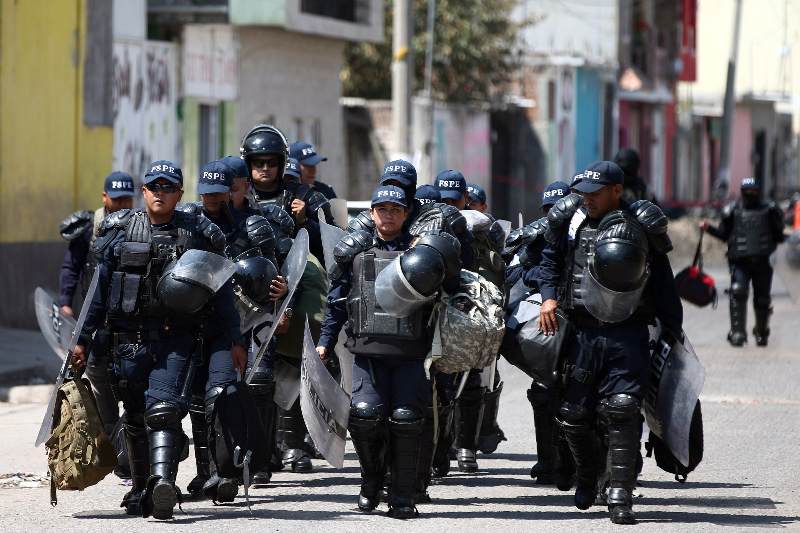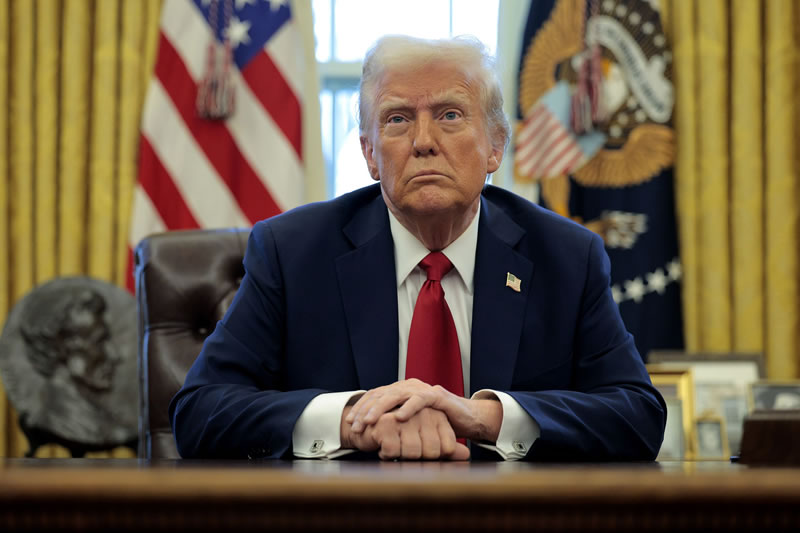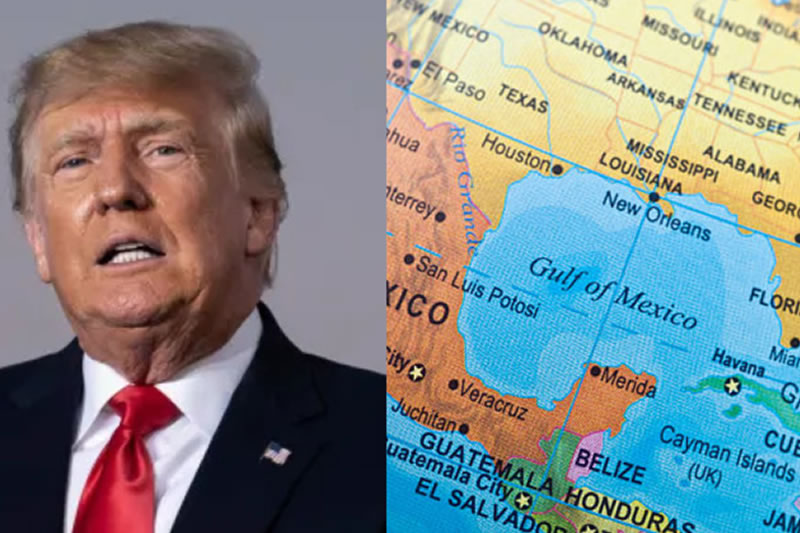
AMLO’s new security law restricts foreign law enforcement activities in Mexico: a dire situation for DEA
AMLO’s new security law: Andres Manuel Lopez Obrador, President of Mexico, more commonly known as AMLO, hurriedly and quite suddenly had sent a bill to Congress in early December targeting the activities of foreign law enforcements in the country. The bill was passed into law by Mexico’s Congress on Tuesday.
The newly enforced national security law will limit operational freedom of foreign enforcement agencies and officers. The experts criticize this move arguing that it can hamper the intelligence sources and also pose a big threat to the future of international anti-narcotics operations.
The law, though doesn’t specifically target a particular country, but the most impacted in a disastrous manner would be US agencies like DEA (Drug Enforcement Administration), which has strong hold and presence in Mexico. The law will strip the foreign law and intelligence agents of diplomatic immunity along with requirement of sharing intelligence data with the Mexican officials.
Mike Vigil, former DEA chief of international operations, said, “You’re going to see a situation where the efforts of US agencies, especially with the DEA, are significantly going to be diminished. They want to relegate the agencies like DEA to doing nothing more than staying in the office and just passing information.”
DEA has been working with Mexican authorities over past years, creating intelligence for the “war on drugs”. But these US operations in the neighboring country has received backlash – military crackdown in Mexico has led to over 200,000 lives lost and 70,000 missing.
AMLO pressured the bill in congress over complains regarding DEA’s operations in Mexico. The law, coincidently, also follows detention of Mexico’s former defense secretary Gen Salvador Cienfuegos, who was detained in Los Angeles in November over drug charges. Although, no case or investigation was ongoing against him in Mexico. Experts analyze that AMLO’s eagerness to push the law was also to secure release of Cienfuegos. This is largely due to increasing dependency of president on military for all operations in the country – security, construction, running of seaports.
On the law AMLO said, “During other governments, they came into Mexico as if they owned the place. They didn’t just carry out intelligence operations, they went after targets. Mexican security forces launched the operations, but the decisions were made by these foreign agencies. That no longer happens.”
William Barr, US attorney general said, “The law can only benefit the violent transnational criminal organisations and other criminals that we are jointly fighting.”
As the new law would require foreign law enforcements to share any and all intelligence information with the Mexica authorities, fear looms that it may tip off the criminals and corrupt officials. But AMLO maintains that country’s armed forces and security and citizen protection secretariat are not infiltrated any more by organized crime. US officials just mock at this claim. Vigil says, “The big worry for US agencies is that it will compromise agents, it will compromise informants and it will compromise operations and investigations if that happens.”




